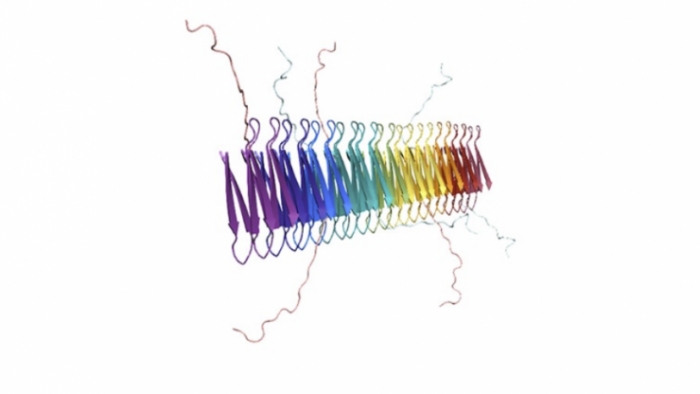 (Image credit: Duke University Collier Lab)
(Image credit: Duke University Collier Lab)
- Written by William D Snow
Self-Assembling Nanofibers Could Improve Nasal-Based Vaccine Delivery
FeaturedThe new platform provides potential for more effective vaccines with fewer side effects.
The ongoing COVID-19 pandemic is shining a bright spotlight on vaccine development. As numerous vaccines race through clinical trials, physicians and researchers continue to work on developing new vaccine technologies to generate the most effective vaccines with the fewest side effects. A new proof-of-concept study by researchers at the University of Chicago and Duke University demonstrates the potential for one such platform, using self-assembling peptide nanofibers tagged with antigens to prime the immune system against a potential invasion.
“We don’t know yet which antigens will be most maximally protective against COVID-19,” said Collier. “This would let us very precisely target and produce antibodies and T cells that will provide the most protection.”
The research results are published in this article.
Read the full article at Duke News.
Visible Legacy Comment
The research indicates that nanofibers can induce an immune response and activate T cells without the use of additional adjuvant material designed to help the body to produce a strong immune response, which can induce inflammation. The vaccine may be delivered without needles. Tech Scouts should please view the Duke Office of Technology Licensing page and also check out this and other research in the Duke and University of Chicago multidisciplinary collaboration by exploring the map below.
Additional Info
-
Navigator:
 Explore the map in Navigator
Explore the map in Navigator - Widget:
- Caption: Duke Collier Lab
Related items
- The future of health care is in our cells
- Federal funding will help WSU professor develop technology to recover rare earth elements
- Unlocking the brain: Peptide-guided nanoparticles deliver mRNA to neurons
- Scientists Get to the Bottom of COVID’s Worst Pediatric Complication
- WSU-inspired national gene-editing task force begins work
